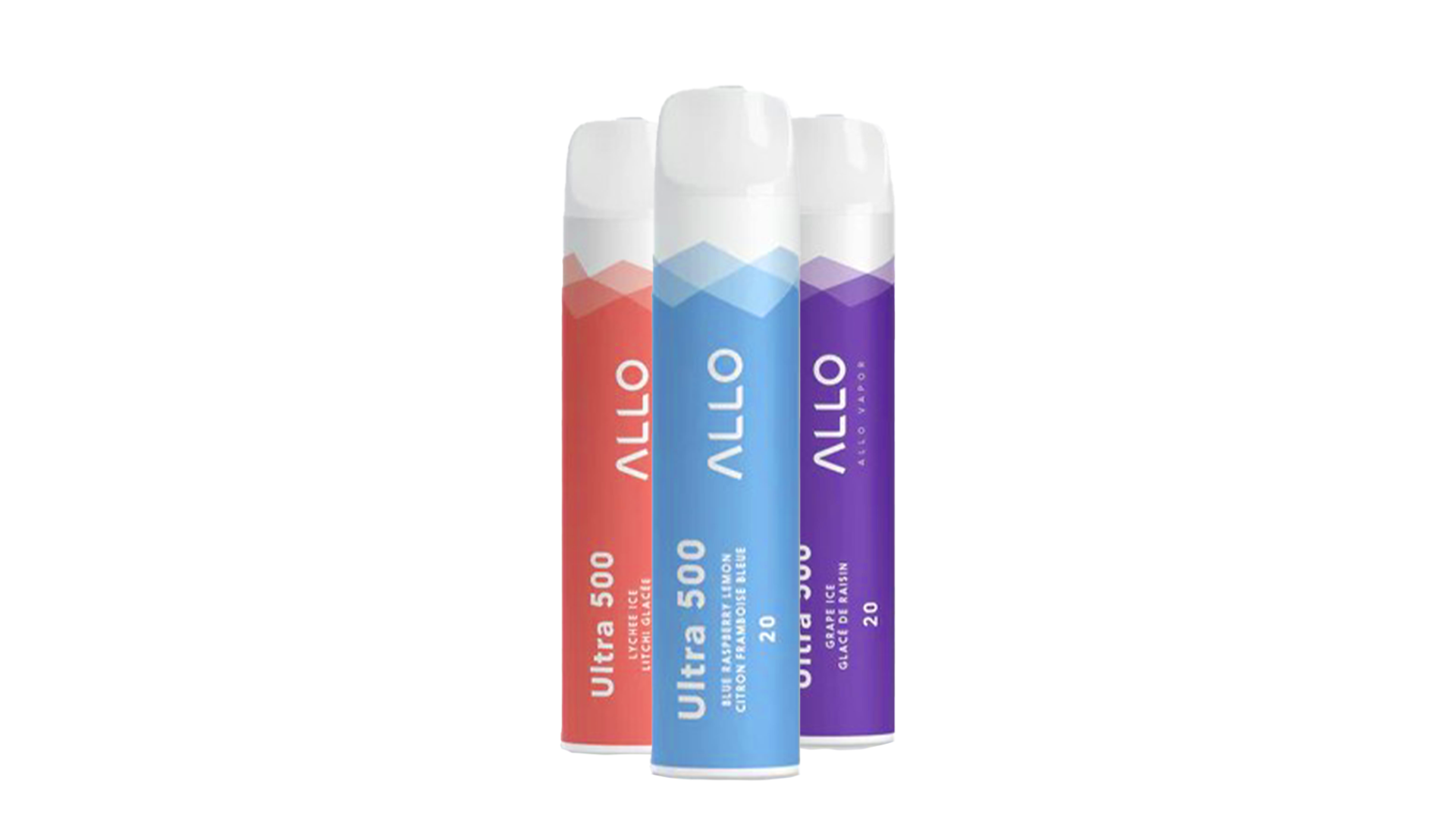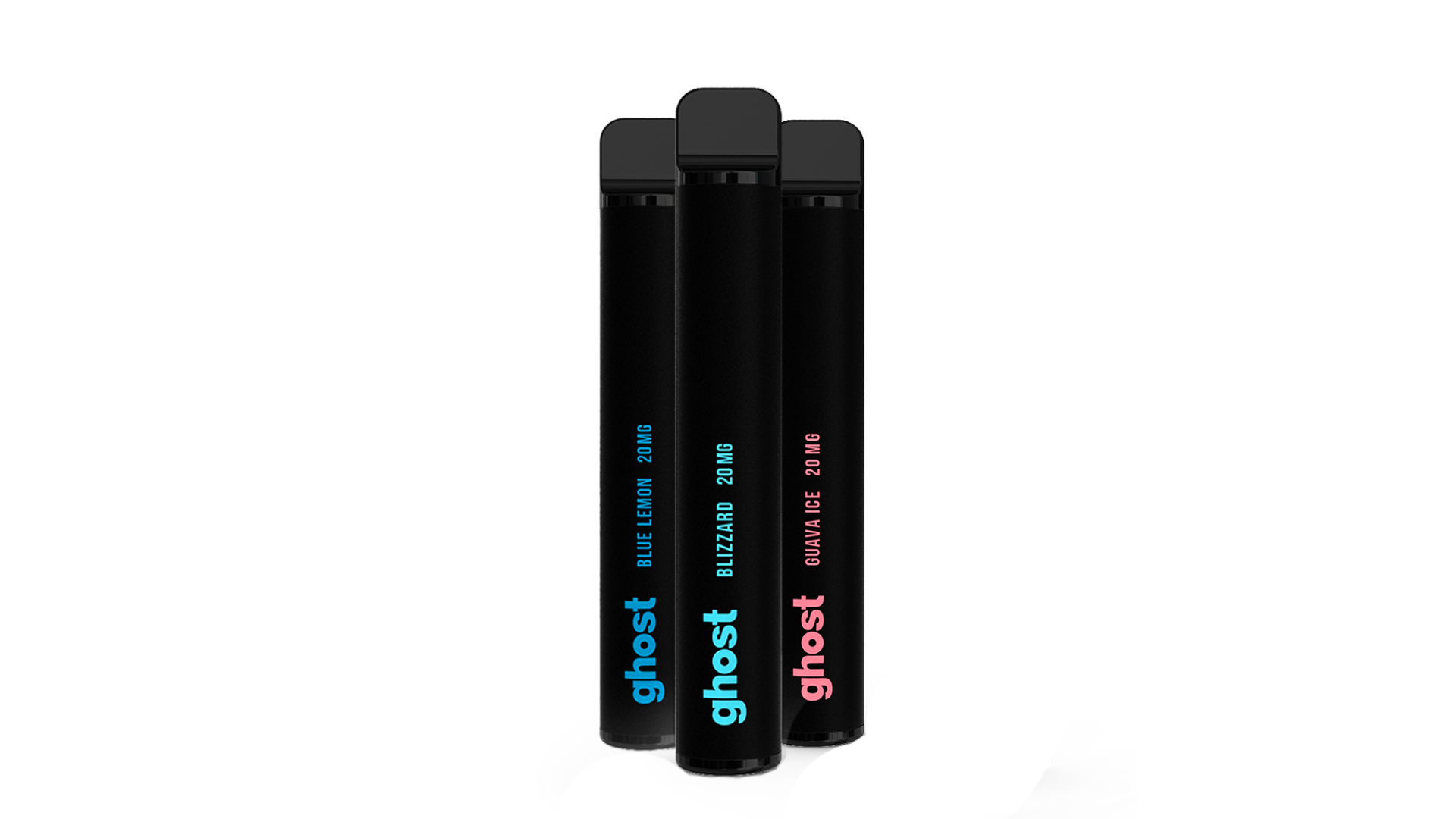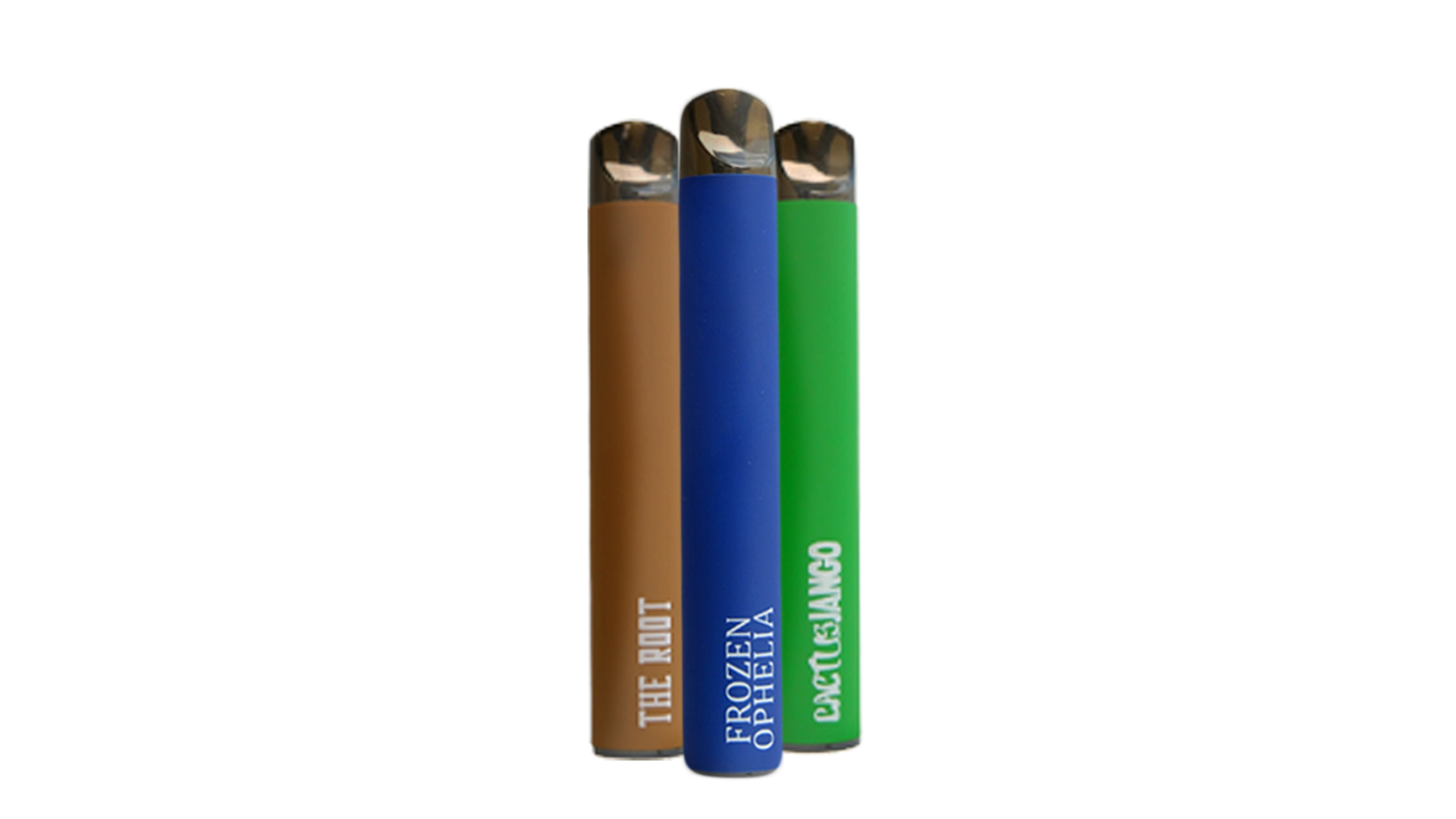
Australia has recently been hit by a truck of implementations regarding new vaping laws, and it has sparked heated debates across the nation. While some argue that these regulations are a necessary step toward safeguarding public health, others view them as an unfair and unwarranted crackdown on the vaping industry.
The new vaping regulations have present a formidable challenge for vapers to navigate. The categorization of nicotine as a prescription-only substance by the Therapeutic Goods Administration (TGA) has led to a convoluted regulatory framework. Understanding the restrictions on access and the limitations on choices is crucial for vapers seeking to stay compliant with the law.
As you read on, we will explore the contentious nature of Australia's vaping laws, shedding light on the concerns raised by the public and examining whether these measures strike the right balance between regulation and personal freedom.
Concerns of the Public
Australia has recently been hit by a truck of implementations regarding new vaping laws, and it has sparked heated debates across the nation. While some argue that these regulations are a necessary step toward safeguarding public health, others view them as an unfair and unwarranted crackdown on the vaping industry.
The new vaping regulations have present a formidable challenge for vapers to navigate. The categorization of nicotine as a prescription-only substance by the Therapeutic Goods Administration (TGA) has led to a convoluted regulatory framework. Understanding the restrictions on access and the limitations on choices is crucial for vapers seeking to stay compliant with the law.
As you read on, we will explore the contentious nature of Australia's vaping laws, shedding light on the concerns raised by the public and examining whether these measures strike the right balance between regulation and personal freedom.
Concerns of the Public

With the new implementation of these laws, it has stirred up much controversy. A true labyrinth of regulations. As with any regulatory change that has a significant impact, concerns have risen amongst the public.
There are 3 major concerns regarding these absurd laws;
1. Access to Hard Reduction Alternatives
One of the primary concerns raised by the public, is the potential restriction of access to vaping products. Particularly adult smokers seeking other alternatives of harm reduction. There is a mountain of evidence and studies that suggests that vaping is significantly less harmful than traditional smoking. Australia's vaping regulations hinder harm reduction efforts. Embracing vaping as a smoking cessation tool could potentially save lives and reduce the burden on the healthcare system.
2. Necessity of Heavy-Handed Restrictions
Another significant concern revolves around the perceived heaviness of the vaping regulations. Critics argue that the restrictions implemented in Australia go beyond what is necessary to address the potential risks associated with vaping. They highlight the lack of conclusive evidence regarding long-term health effects, suggesting that a more balanced approach could be taken, allowing for more research while still providing reasonable regulations to protect public health.
3. Impact on Small Businesses and Industry
The vaping industry in Australia has grown rapidly in recent years, providing an economic boost and creating job opportunities. However, concerns have been raised regarding the potential negative impact of the new regulations on small businesses and industry players. Critics argue that excessive restrictions, such as advertising bans and excessive taxation, and propaganda, could hinder the growth and viability of these businesses. With all these leading factors, it can cause job losses and stifling innovation in the industry.
With the new implementation of these laws, it has stirred up much controversy. A true labyrinth of regulations. As with any regulatory change that has a significant impact, concerns have risen amongst the public.
There are 3 major concerns regarding these absurd laws;
1. Access to Hard Reduction Alternatives
One of the primary concerns raised by the public, is the potential restriction of access to vaping products. Particularly adult smokers seeking other alternatives of harm reduction. There is a mountain of evidence and studies that suggests that vaping is significantly less harmful than traditional smoking. Australia's vaping regulations hinder harm reduction efforts. Embracing vaping as a smoking cessation tool could potentially save lives and reduce the burden on the healthcare system.
2. Necessity of Heavy-Handed Restrictions
Another significant concern revolves around the perceived heaviness of the vaping regulations. Critics argue that the restrictions implemented in Australia go beyond what is
With the new implementation of these laws, it has stirred up much controversy. A true labyrinth of regulations. As with any regulatory change that has a significant impact, concerns have risen amongst the public.
There are 3 major concerns regarding these absurd laws;
1. Access to Hard Reduction Alternatives
One of the primary concerns raised by the public, is the potential restriction of access to vaping products. Particularly adult smokers seeking other alternatives of harm reduction. There is a mountain of evidence and studies that suggests that vaping is significantly less harmful than traditional smoking. Australia's vaping regulations hinder harm reduction efforts. Embracing vaping as a smoking cessation tool could potentially save lives and reduce the burden on the healthcare system.
2. Necessity of Heavy-Handed Restrictions
Another significant concern revolves around the perceived heaviness of the vaping regulations. Critics argue that the restrictions implemented in Australia go beyond what is necessary to address the potential risks associated with vaping. They highlight the lack of conclusive evidence regarding long-term health effects, suggesting that a more balanced approach could be taken, allowing for more research while still providing reasonable regulations to protect public health.
3. Impact on Small Businesses and Industry
The vaping industry in Australia has grown rapidly in recent years, providing an economic boost and creating job opportunities. However, concerns have been raised regarding the potential negative impact of the new regulations on small businesses and industry players. Critics argue that excessive restrictions, such as advertising bans and excessive taxation, and propaganda, could hinder the growth and viability of these businesses. With all these leading factors, it can cause job losses and stifling innovation in the industry.
necessary to address the potential risks associated with vaping. They highlight the lack of conclusive evidence regarding long-term health effects, suggesting that a more balanced approach could be taken, allowing for more research while still providing reasonable regulations to protect public health.
3. Impact on Small Businesses and Industry
The vaping industry in Australia has grown rapidly in recent years, providing an economic boost and creating job opportunities. However, concerns have been raised regarding the potential negative impact of the new regulations on small businesses and industry players. Critics argue that excessive restrictions, such as advertising bans and excessive taxation, and propaganda, could hinder the growth and viability of these businesses. With all these leading factors, it can cause job losses and stifling innovation in the industry.
Unjust Laws: Restricting Access and the People's Choices
As the popularity of vaping has soared, there has been a growing worry about its impact on youth and the potential for a new generation to become addicted to nicotine. Critics argue that some of the marketing in the industry has made vaping more appealing to the youth. This would include vibrant packaging, enticing flavors, and celebrity endorsements. Despite regulations preventing minors from buying vaping products, concerns persist regarding underage access to these products. Critics argue that the online marketplace and peer-to-peer transactions provide avenues for young individuals to obtain vaping devices and e-liquids.
While protecting youth from the potential harms of vaping is undoubtedly crucial, many individuals argue that Australia's vaping laws have gone too far. Critics of the regulations contend that they have unnecessarily curtailed access to vaping products for adult smokers who may benefit from using them as an aid in quitting or reducing traditional tobacco consumption. This can then cause the user to go back into smoking tobacco, or even force users to buy from black market areas.
Some assert that by imposing restrictions and barriers, the government is limiting smokers' choices and impeding harm reduction strategies. These individuals argue that adults should have the freedom to make informed decisions about their own health and well-being, particularly when alternatives to smoking are available.
These laws are suggested to be a move forward in health benefits and harm reduction, however it seems to be taking a step back. To take a look into perspective, it is crucial to compare Australia's stance on vaping towards other countries. Nations like The United Kingdom and New Zealand have actually embraced and legalized vaping as a smoking cessation tool. This can potentially save lives, create an immense amount of job opportunities, and reduce the burden on the health care system.
As the popularity of vaping has soared, there has been a growing worry about its impact on youth and the potential for a new generation to become addicted to nicotine. Critics argue that some of the marketing in the industry has made vaping more appealing to the youth. This would include vibrant packaging, enticing flavors, and celebrity endorsements. Despite regulations preventing minors from buying vaping products, concerns persist regarding underage access to these products. Critics argue that the online marketplace and peer-to-peer transactions provide avenues for young individuals to obtain vaping devices and e-liquids.
While protecting youth from the potential harms of vaping is undoubtedly crucial, many individuals argue that Australia's vaping laws have gone too far. Critics of the regulations contend that they have unnecessarily curtailed access to vaping products for adult smokers who may benefit from using them as an aid in quitting or reducing traditional tobacco consumption.
This can then cause the user to go back into smoking tobacco, or even force users to buy from black market areas.
Some assert that by imposing restrictions and barriers, the government is limiting smokers' choices and impeding harm reduction strategies. These individuals argue that adults should have the freedom to make informed decisions about their own health and well-being, particularly when alternatives to smoking are available.
These laws are suggested to be a move forward in health benefits and harm reduction, however it seems to be taking a step back. To take a look into perspective, it is crucial to compare Australia's stance on vaping towards other countries. Nations like The United Kingdom and New Zealand have actually embraced and legalized vaping as a smoking cessation tool. This can potentially save lives, create an immense amount of job opportunities, and reduce the burden on the health care system.

As the popularity of vaping has soared, there has been a growing worry about its impact on youth and the potential for a new generation to become addicted to nicotine. Critics argue that some of the marketing in the industry has made vaping more appealing to the youth. This would include vibrant packaging, enticing flavors, and celebrity endorsements. Despite regulations preventing minors from buying vaping products, concerns persist regarding underage access to these products. Critics argue that the online marketplace and peer-to-peer transactions provide avenues for young individuals to obtain vaping devices and e-liquids.
While protecting youth from the potential harms of vaping is undoubtedly crucial, many individuals argue that Australia's vaping laws have gone too far. Critics of the regulations contend that they have unnecessarily curtailed access to vaping products for adult smokers who may benefit from using them as an aid in quitting or reducing traditional tobacco consumption. This can then cause the user to go back into smoking tobacco, or even force users to buy from black market areas.
Some assert that by imposing restrictions and barriers, the government is limiting smokers' choices and impeding harm reduction strategies. These individuals argue that adults should have the freedom to make informed decisions about their own health and well-being, particularly when alternatives to smoking are available.
These laws are suggested to be a move forward in health benefits and harm reduction, however it seems to be taking a step back. To take a look into perspective, it is crucial to compare Australia's stance on vaping towards other countries. Nations like The United Kingdom and New Zealand have actually embraced and legalized vaping as a smoking cessation tool. This can potentially save lives, create an immense amount of job opportunities, and reduce the burden on the health care system.

Propaganda War & Vaping Penalties

The vaping industry has been attacked non-stop by a cloud of misinformation deployed by governments, health organizations, and various lobby groups. While it is crucial to address legitimate concerns about youth uptake and long-term effects, it is equally important to distinguish between evidence-based research and exaggerated claims. By examining the facts, we can uncover the truth and dispel the myths surrounding vaping. It is critical to promote facts, instead of fear and fiction.
It is a hard battle to fight, with propaganda constantly installing lies, and fines that are so absurd it raises eyebrows. Individuals who vape in prohibited public places in Australia can face up to thousands of dollars in fines.
In New South Wales, for example, the fine for vaping in a non-smoking area is $550. Repeat offenders can face fines of up to $5,500.
The strict vaping laws in Australia mean that vapers need to be aware of where and how they can use e-cigarettes when vaping in Australia. They should also be cautious when purchasing e-cigarettes and e-liquids to ensure that they are buying products that meet the legal requirements. While some vapers may find the laws in Australia to be overly restrictive, others argue that they are necessary to protect public health.
The vaping industry has been attacked non-stop by a cloud of misinformation deployed by governments, health organizations, and various lobby groups. While it is crucial to address legitimate concerns about youth uptake and long-term effects, it is equally important to distinguish between evidence-based research and exaggerated claims. By examining the facts, we can uncover the truth and dispel the myths surrounding vaping. It is critical to promote facts, instead of fear and fiction.
It is a hard battle to fight, with propaganda constantly installing lies, and fines that are so absurd it raises eyebrows. Individuals who vape in prohibited public places in Australia can face up to thousands of dollars in fines.
In New South Wales, for example, the fine for vaping in a non-smoking area is $550. Repeat offenders can face fines of up to $5,500.
The strict vaping laws in Australia mean that vapers need to be aware of where and how they can use e-cigarettes when vaping in Australia. They should also be cautious when purchasing e-cigarettes and e-liquids to ensure that they are buying products that meet the legal requirements. While some vapers may find the laws in Australia to be overly restrictive, others argue that they are necessary to protect public health.
The vaping industry has been attacked non-stop by a cloud of misinformation deployed by governments, health organizations, and various lobby groups. While it is crucial to address legitimate concerns about youth uptake and long-term effects, it is equally important to distinguish between evidence-based research and exaggerated claims. By examining the facts, we can uncover the truth and dispel the myths surrounding vaping. It is critical to promote facts, instead of fear and fiction.
It is a hard battle to fight, with propaganda constantly installing lies, and fines that are so absurd it raises eyebrows. Individuals who vape in prohibited public places in Australia can face up to thousands of dollars in fines.
In New South Wales, for example, the fine for vaping in a non-smoking area is $550. Repeat offenders can face fines of up to $5,500.
The strict vaping laws in Australia mean that vapers need to be aware of where and how they can use e-cigarettes when vaping in Australia. They should also be cautious when purchasing e-cigarettes and e-liquids to ensure that they are buying products that meet the legal requirements. While some vapers may find the laws in Australia to be overly restrictive, others argue that they are necessary to protect public health.
Australia has recently been hit by a truck of implementations regarding new vaping laws, and it has sparked heated debates across the nation. While some argue that these regulations are a necessary step toward safeguarding public health, others view them as an unfair and unwarranted crackdown on the vaping industry.
The new vaping regulations have present a formidable challenge for vapers to navigate. The categorization of nicotine as a prescription-only substance by the Therapeutic Goods Administration (TGA) has led to a convoluted regulatory framework. Understanding the restrictions on access and the limitations on choices is crucial for vapers seeking to stay compliant with the law.
As you read on, we will explore the contentious nature of Australia's vaping laws, shedding light on the concerns raised by the public and examining whether these measures strike the right balance between regulation and personal freedom.


2. Necessity of Heavy-Handed Restrictions
Another significant concern revolves around the perceived heaviness of the vaping regulations. Critics argue that the restrictions implemented in Australia go beyond what is necessary to address the potential risks associated with vaping. They highlight the lack of conclusive evidence regarding long-term health effects, suggesting that a more balanced approach could be taken, allowing for more research while still providing reasonable regulations to protect public health.
3. Impact on Small Businesses and Industry
The vaping industry in Australia has grown rapidly in recent years, providing an economic boost and creating job opportunities. However, concerns have been raised regarding the potential negative impact of the new regulations on small businesses and industry players. Critics argue that excessive restrictions, such as advertising bans and excessive taxation, and propaganda, could hinder the growth and viability of these businesses. With all these leading factors, it can cause job losses and stifling innovation in the industry.
Concerns of the Public
With the new implementation of these laws, it has stirred up much controversy. A true labyrinth of regulations. As with any regulatory change that has a significant impact, concerns have risen amongst the public.
There are 3 major concerns regarding these absurd laws;
1. Access to Hard Reduction Alternatives
One of the primary concerns raised by the public, is the potential restriction of access to vaping products. Particularly adult smokers seeking other alternatives of harm reduction. There is a mountain of evidence and studies that suggests that vaping is significantly less harmful than traditional smoking. Australia's vaping regulations hinder harm reduction efforts. Embracing vaping as a smoking cessation tool could potentially save lives and reduce the burden on the healthcare system.
Unjust Laws: Restricting Access and the People's Choices
As the popularity of vaping has soared, there has been a growing worry about its impact on youth and the potential for a new generation to become addicted to nicotine. Critics argue that some of the marketing in the industry has made vaping more appealing to the youth. This would include vibrant packaging, enticing flavors, and celebrity endorsements. Despite regulations preventing minors from buying vaping products, concerns persist regarding underage access to these products. Critics argue that the online marketplace and peer-to-peer transactions provide avenues for young individuals to obtain vaping devices and e-liquids.

While protecting youth from the potential harms of vaping is undoubtedly crucial, many individuals argue that Australia's vaping laws have gone too far. Critics of the regulations contend that they have unnecessarily curtailed access to vaping products for adult smokers who may benefit from using them as an aid in quitting or reducing traditional tobacco consumption.
This can then cause the user to go back into smoking tobacco, or even force users to buy from black market areas.
Some assert that by imposing restrictions and barriers, the government is limiting smokers' choices and impeding harm reduction strategies. These individuals argue that adults should have the freedom to make informed decisions about their own health and well-being, particularly when alternatives to smoking are available.
These laws are suggested to be a move forward in health benefits and harm reduction, however it seems to be taking a step back. To take a look into perspective, it is crucial to compare Australia's stance on vaping towards other countries. Nations like The United Kingdom and New Zealand have actually embraced and legalized vaping as a smoking cessation tool. This can potentially save lives, create an immense amount of job opportunities, and reduce the burden on the health care system.

Propaganda War & Vaping Penalties
The vaping industry has been attacked non-stop by a cloud of misinformation deployed by governments, health organizations, and various lobby groups. While it is crucial to address legitimate concerns about youth uptake and long-term effects, it is equally important to distinguish between evidence-based research and exaggerated claims. By examining the facts, we can uncover the truth and dispel the myths surrounding vaping. It is critical to promote facts, instead of fear and fiction.
It is a hard battle to fight, with propaganda constantly installing lies, and fines that are so absurd it raises eyebrows. Individuals who vape in prohibited public places in Australia can face up to thousands of dollars in fines.
In New South Wales, for example, the fine for vaping in a non-smoking area is $550. Repeat offenders can face fines of up to $5,500.
The strict vaping laws in Australia mean that vapers need to be aware of where and how they can use e-cigarettes when vaping in Australia. They should also be cautious when purchasing e-cigarettes and e-liquids to ensure that they are buying products that meet the legal requirements. While some vapers may find the laws in Australia to be overly restrictive, others argue that they are necessary to protect public health.
A Battle for Freedom: VanGo's Approach
Here at VanGo's HQ, we understand the battle and the hardships that have risen in the past months. We are doing everything we can to put out the correct information regarding vaping laws across the globe, and building a community in which we constantly look out for each other.
Whether you're right here within our city, or across the world, VanGo's mission is to not only provide the best service with the highest quality products, but to ensure the public knows the correct information that is being put out.
Now as Australia's new vaping laws have undoubtedly sparked controversy, drawing attention to the clash between public health authorities and personal freedoms. While concerns over youth vaping and the need for precautionary measures are valid, it is crucial to ensure that regulations do not unduly restrict adult smokers seeking a potentially less harmful alternative to traditional cigarettes.
VanGo is putting in our greatest effort in still helping the people of Australia, and would be happy to inform that we are still servicing given the correct precautions made. It is very important to know what is fact, and what is fiction, and with the help of you, we can learn and grow together.
















